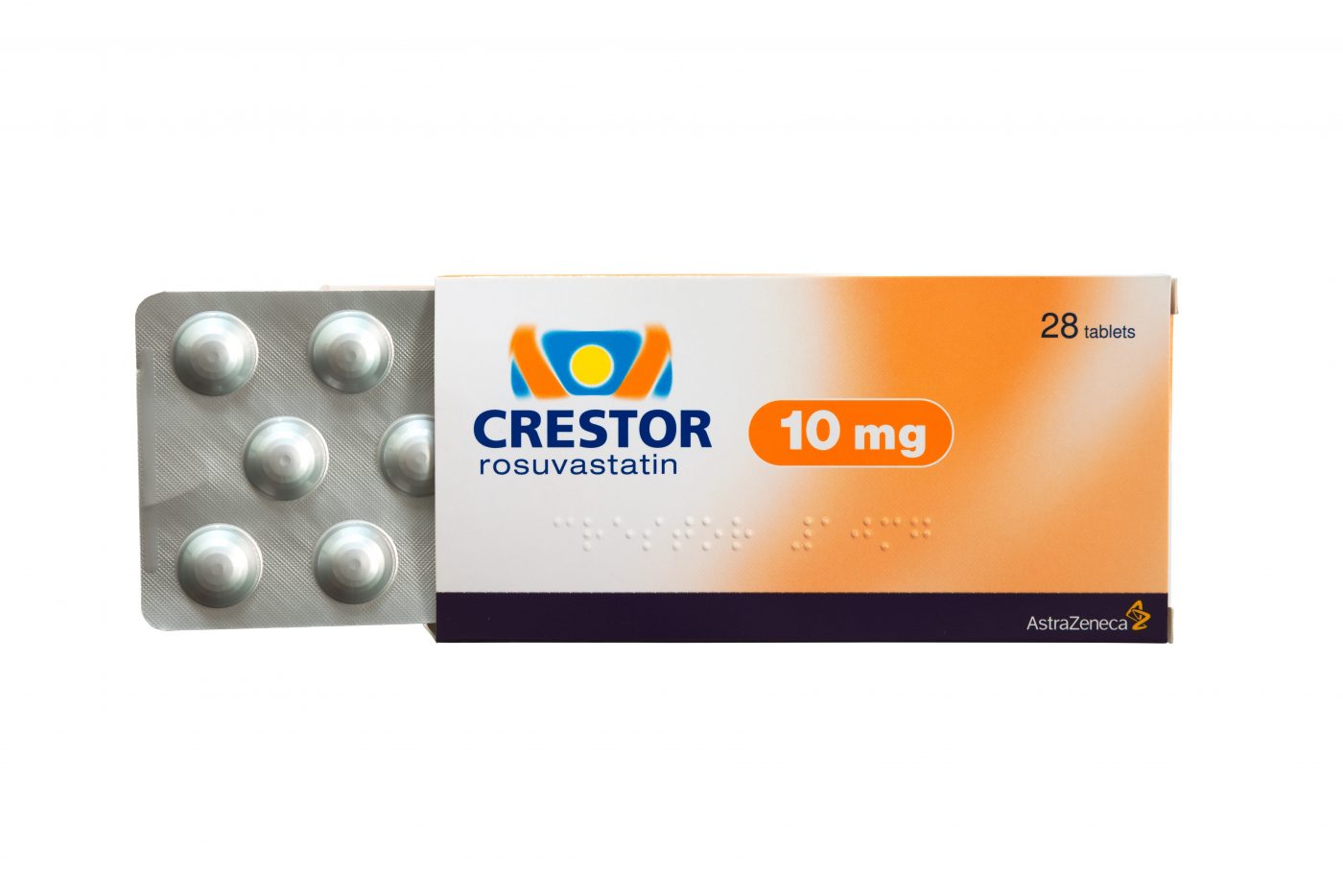 Dr. Sidney Wolfe, senior adviser of the health research group at Public Citizen in Washington, recently published in the journal The BMJ an opinion article concerning the use of rosuvastatin, the best-selling statin drug in the United States. The study is entitled “Rosuvastatin: winner in the statin wars, patients’ health notwithstanding.”
Dr. Sidney Wolfe, senior adviser of the health research group at Public Citizen in Washington, recently published in the journal The BMJ an opinion article concerning the use of rosuvastatin, the best-selling statin drug in the United States. The study is entitled “Rosuvastatin: winner in the statin wars, patients’ health notwithstanding.”
Rosuvastatin, marketed by AstraZeneca as Crestor, is prescribed in combination with diet, exercise and weight-loss to reduce the risk of cardiovascular diseases and lower high cholesterol levels. In 2014, 22.3 million prescriptions of rosuvastatin were filled in the U.S.
According to Dr. Wolfe, rosuvastatin should be withdrawn from the market as the health benefits that it offers do not outweigh the harmful side effects found to be associated with it. Rosuvastatin was approved by the FDA in 2003 for lowering cholesterol, but only in 2010 did it gain approval for preventing cardiovascular diseases, namely for primary prevention of heart attacks and strokes. This approval was based on a clinical trial study (JUPITER) that raised some concerns because the treatment was stopped early and the participants enrolled only had low cholesterol levels and low C reactive protein levels (an indicator of inflammation). In 2003, three other statins – simvastatin, pravastatin and lovastatin – had already been approved to reduce cardiovascular risks.
“In addition to the evidence of clinical benefits for rosuvastatin being substantially less robust than for these three statins, there is increasing evidence that the drug also carries a higher risk of serious adverse effects.” noted Dr. Wolfe. The JUPITER study revealed that rosuvastatin treatment was linked to a 26% increase on the incidence of new onset diabetes in comparison with the placebo control group, a finding that was corroborated in other studies.
According to Dr. Wolfe, even before rosuvastatin was approved by the FDA, serious problems had been identified, “Public Citizen opposed approval of rosuvastatin in 2003, and in 2004 it asked the FDA to ban the drug because of two serious adverse reactions,” which were rhabdomyolysis, a medical condition in which muscle tissue breaks down and is released into the bloodstream, and renal complications, namely proteinuria (excess of serum proteins in the urine) and hematuria (presence of red blood cells in the urine).
“Given the evidence of more serious risks and less clinical benefit than other statins, how has the drug fared so well for so long?” asked Dr. Wolfe. He believes the answer lies in brand advertising and an efficacy in lowering cholesterol, “the milligram for milligram cholesterol lowering potency of rosuvastatin exceeds all others, a fact exploited in advertising campaigns. But what about actually improving health, preventing heart attacks and strokes?”
Dr. Wolfe believes that safety concerns regarding rosuvastatin were not considered when the drug was approved, this fact combined with a strong advertising campaign to prescribe and take rosuvastatin led to its success, despite its poorer clinical efficacy in comparison with other statins.
Rosuvastatin’s patent expires in 2016 and Dr. Wolfe is concerned that, similar to when other statins patents expired, the rise observed in generic prescriptions rapidly equals or even exceeds the original number of brand name prescriptions. He concludes that “for the sake of the public’s health, we must hope that the drug’s disadvantages will lead to a sharp decline in its use before next year.”
In response to Dr. Wolfe’s opinion article, a spokesperson from AstraZeneca said in a news release “Crestor is an effective treatment for lowering LDL-cholesterol and raising HDL-cholesterol, when compared to other statins, and it has been shown to slow the progression of atherosclerosis.” The company added that Crestor “has a well-established safety profile” and “is approved by health care authorities in over 109 countries and used by tens of millions of patients worldwide.”


